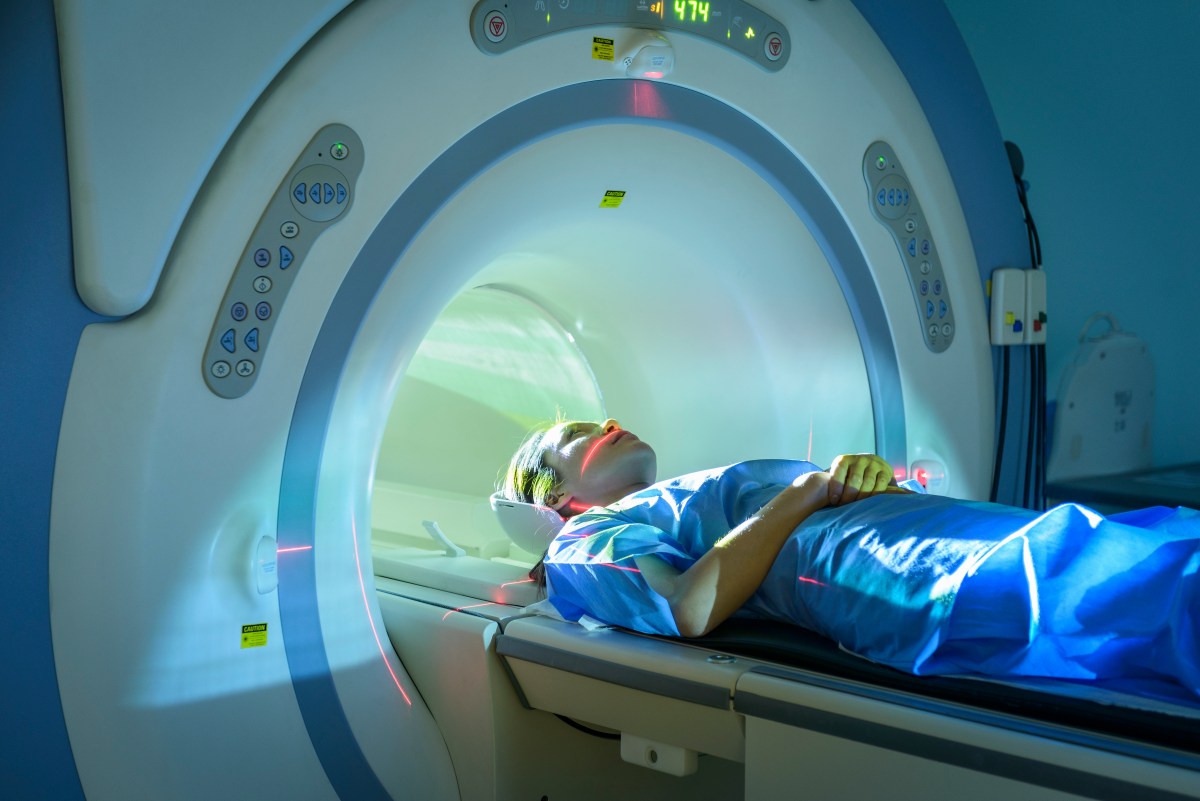Medical imaging is a broad time period that encompasses a number of distinct applied sciences. After engaged on AI-powered instruments to boost X-rays and mammographies, French startup Gleamer now goals to deal with magnetic resonance imaging (MRI).
As an alternative of ranging from scratch, Gleamer has acquired two startups which have already been engaged on AI-powered MRI evaluation: Pixyl and Caerus Medical.
Gleamer is a part of the second wave of startups making an attempt to enhance medical imaging utilizing synthetic intelligence. A number of tech founders created startups round this matter in 2014 or 2015. Whereas most of them went nowhere, there have been some consolidation within the house. For example, Zebra Medical Imaginative and prescient and Arterys had been each acquired by Nanox and Tempus, respectively.
Based in 2017, Gleamer has been constructing an AI assistant for radiologists, a type of copilot for medical imaging. With Gleamer, radiologists can theoretically enhance the diagnostic accuracy when deciphering medical pictures.
The startup has already persuaded 2,000 establishments throughout 45 international locations to make use of its software program answer. General, Gleamer has processed 35 million examinations. The corporate has obtained CE and FDA certifications for its bone trauma interpretation product. In Europe, it additionally presents merchandise particularly targeted on chest X-rays, orthopedic and bone age measurements with CE certification.
“Sadly, the one-size-fits-all strategy to radiology doesn’t work,” Gleamer co-founder and CEO Christian Allouche informed TechCrunch. “It’s very sophisticated to have a big mannequin that covers all medical imaging and delivers the extent of efficiency anticipated by medical doctors.”
That’s why the corporate created small inside groups targeted on mammographies and CT scans. “Three weeks in the past we launched our mammography product, which we’ve been engaged on for 18 months,” Allouche stated. It’s based mostly on a proprietary AI mannequin that has been educated on 1.5 million mammographies.
“We have now a partnership with Jean Zay, the French authorities’s GPU cluster,” Allouche stated. The corporate can be engaged on CT scans for cancers.
However what about MRI? “MRI is a special technological house,” Allouche stated. “You could have lots of duties in MRI. It’s not simply detection, you’ve obtained segmentation, you’ve obtained detection, you’ve obtained characterization, classification, multi-sequence imaging.”
That’s why Gleamer is shopping for two small startups which have been engaged on this house for a number of years to maneuver quicker. Gleamer isn’t disclosing the phrases of the offers.
“These two corporations will turn into our two MRI platforms, with the clear ambition of overlaying all use instances over the following two to 3 years,” Allouche stated.
Preventive medical imaging
Whereas Gleamer’s fashions present promising outcomes, they aren’t but excellent. For instance, with the corporate’s new mammography mannequin, the startup claims it will possibly detect 4 out of 5 cancers. Compared, a human radiologist with out AI help sometimes identifies most cancers in three out of 5 instances.
Nevertheless, the productiveness good points from a device like Gleamer may seriously change medical imaging. A missed tumor is prone to seem in a follow-up examination a number of months later.
“Within the not-too-distant future, I believe we’ll all be getting routine entire physique MRIs paid for by our insurance coverage corporations — since they’re not irradiating,” Allouche stated.
Nevertheless, in some cities, there are already too few radiologists to fulfill the demand for reactive imaging. If the business shifts towards preventive imaging, AI instruments will turn into indispensable.
Gleamer’s CEO thinks AI may turn into an “orchestrating and triaging” device. Most medical imaging examinations are carried out as a solution to rule out some diagnoses. “So, there’s an actual must automate all this with a really strong AI mannequin that has a a lot greater degree of sensitivity than a human,” Allouche stated.

